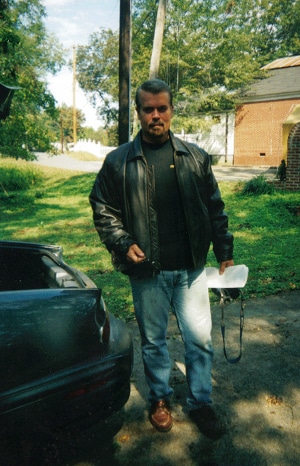
Perry Mason, the longest running TV series about lawyers, ran for nine years (1957-1966) and produced about 320 shows which are still seen today in syndication on cable television.One of the stars of this made for television pulp fiction series was Paul Drake, Perry Mason's private investigator.The show always ended the same way.The last 15 minutes of nearly every show were dedicated to high courtroom drama where Perry Mason tricked up the prosecution's chief witness with startling, new evidence invariably uncovered by Paul Drake.Another very popular television series for its time was a series about private investigator, Peter Gunn.This show ran from 1958 to 1961.Peter Gunn was a PI in the classic film noir tradition.The epitome of the cool, detached alpha male whose coarse manners always managed to play as well at Park Avenue parties as they did at his favorite waterfront bar.Judging from the number of television series that have had private detectives as their main character the activities surrounding the profession, if not the characters themselves, have captured the American interest.Does the life of a real private detective look anything like the television screen portrayals?Just like their television counterparts a real private detective's major activity is to uncover facts about financial matters, personal matters, criminal matters, and corporate affairs.One reason that high price criminal attorneys are so high price is because they hire the best private investigators.Perry Mason's author was a longtime Los Angeles criminal attorney and in many respects the television show was a tribute to the unseen work done by these attorney investigators.Much of today's Private investigative work can be done by computer, and much of that can be done with public databases.A diligent searcher can obtain huge amounts of information from public records, things like prior arrests, convictions, civil judgments, information about motor vehicle registrations, club memberships, social networking connections, unlisted telephone numbers, and even photographs.Most private detectives and investigators become skilled in surveillance and searches, especially in cases involving missing persons, financial fraud, background checks, and marital infidelity cases.There can be a little play acting involved too as Private investigators may go undercover to inconspicuously observe activities they otherwise would not have access to.Different types of corporate fraud and wrongdoing fall into this line.Private investigation can get sophisticated and very high tech too.It is believed that many people currently entering the profession have advanced degrees in the computer sciences.Not only are these skills useful in information type searches but they are often used to detect intrusions into computer systems and to recover encrypted and erased data perhaps to be used as evidence in a future trial.Although licensing is required in almost every state to practice as a Private investigator there are no formal educational requirements.Most licensees tend to get associates or bachelors degrees in criminal justice or police science.Corporate investigators are more likely to have business administration degrees, law degrees, or accounting degrees.Job growth for Private investigators is forecast at 22% over the next 10 years, much faster than the average for all occupations.Competition is still expected to be keen for the best jobs, however, because of the large number of qualified people competing for these desirable positions.

0 comments:
Post a Comment